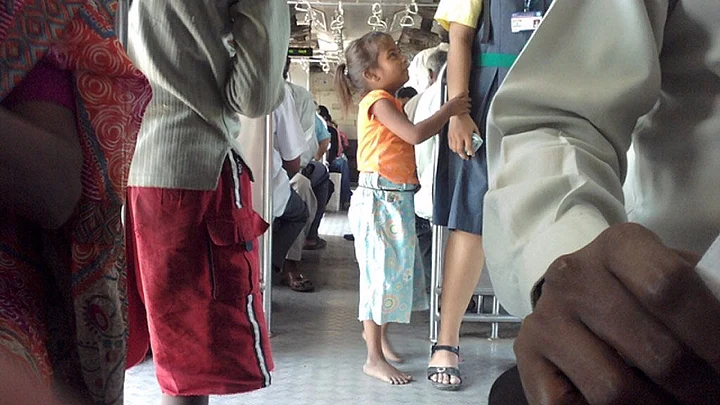Begging will not be decriminalised, the Centre said on Thursday, changing its stance in the Delhi High Court, which termed the move as "unfortunate".
The government, which had earlier informed the court that the Ministry of Social Justice and Empowerment had drafted a bill to decriminalise begging and rehabilitate beggars and homeless people, took a U-turn saying it has now dropped the proposal to amend the legislation.
The court noted in its order that while the Centre had earlier said it was proposing an Act to decriminalise begging, the Union of India has now taken a view that it will not decriminalise begging.
The bench has listed the matter for hearing arguments on 14 November.
A bench of Acting Chief Justice Gita Mittal and Justice C Hari Shankar noted that the government took one year to produce the draft bill before changing its decision.
"You (Centre) were taking one year time to produce this draft bill. It is very unfortunate. We are only concerned with Delhi and not the legislation as a whole," the bench said.
The Centre's standing counsel Monika Arora and advocate Harsh Ahuja said:
We are not decriminalising it (begging). The proposal is dropped. The Central Government has no Act on begging. The states are empowered to do so on their own.
To this, the bench said the Bombay Prevention of Begging Act was extended to Delhi by a Central Government amendment and Delhi Government cannot bring any notification on its own to remove it.
The court was hearing two PILs seeking basic human and fundamental rights for beggars in the national capital and for decriminalising begging.
Petitioners Harsh Mandar and Karnika Sawhney have also sought basic amenities like proper food and medical facilities at all beggars' homes in the city.
Currently, there is no central law on begging and destitution and most states have adopted the Bombay Prevention of Begging Act, 1959, which criminalises beggary, or have modelled their laws on it. The two petitions have challenged the Bombay Prevention of Begging Act.
Their pleas were first filed in the Supreme Court from where they were transferred to the Delhi High Court.
The bench had earlier pulled up the Centre for not amending the law to decriminalise begging and rehabilitating the beggars even after an undertaking was given by it a year ago.
(#TalkingStalking: Have you ever been stalked? Share your experience with The Quint and inspire others to shatter the silence surrounding stalking. Send your stories to editor@thequint.com or WhatsApp @ +919999008335.)
